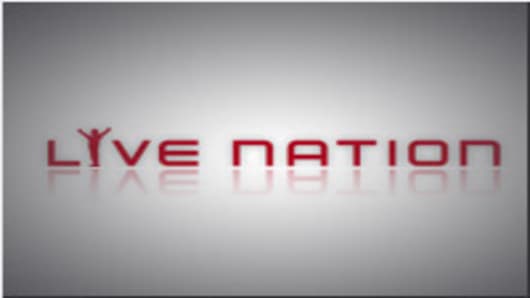Ticketmaster has dominated sales for so long it's hard to remember a time when they didn't.
Now, as the company has merged with Live Nation , it's gotten even bigger.
Some want to argue it's not gotten better.
As part of the merger, the federal government insisted that Ticketmaster license its software to AEG, the second largest events producer behind Live Nation, so that AEG could get into the ticket-selling business and create competition. AEG has been huge for Ticketmaster, perhaps accounting for more than 10 percent of revenues, with annual ticket sales topping $400 million (and service charges topping an estimated $50 million).
But after looking things over, AEG decided not to use Ticketmaster's software. Instead, it has teamed up with Outbox, a company partly owned by Cirque du Soleil. Within two years, tickets to events at all AEG venues will be sold using Outbox.
The head of Outbox just happens to be the former CEO of Ticketmaster, Fred Rosen.
In an exclusive television interview, Rosen explains that Outbox will provide venue owners with a completely different way of handling sales. Rather than having a third party sell tickets at a separate website, Outbox becomes the invisible third party allowing a venue to sell tickets on its own site. Why is this better? Rosen says most people buy tickets for events close to home, and they prefer going directly to that facility's site. The Outbox system, he says, allows the facility to have complete control of the process, provide incentives to customers, and keep a purchaser's data private. Some venues may not want to deal with all that, but Outbox is betting many will. He estimates that over the next 24 months, as many as a third of the current contracts between venues and Ticketmaster will expire, and Outbox hopes to make a play. "Ultimately, there's no reason why there can't be two big companies."
In an interview with CNBC, Rosen explains how the model works, and how different it is from the current method of selling tickets.
What does this mean for consumers?
Could it cost even more to go to a concert if venues control all the inventory?
Less?
Rosen gives his thoughts, plus an interesting explanation as to why services charges for concert tickets generate so much more anger than they do for sporting events.


